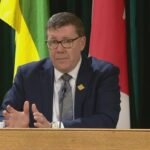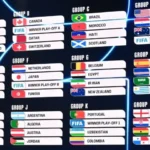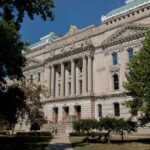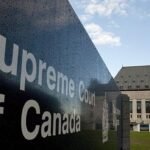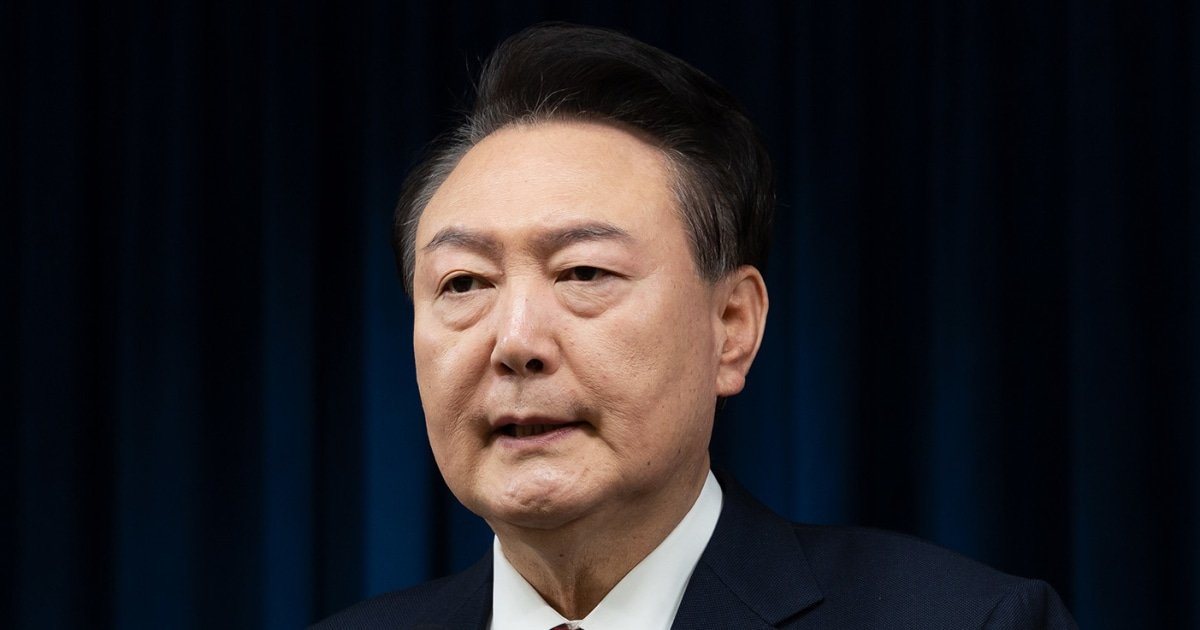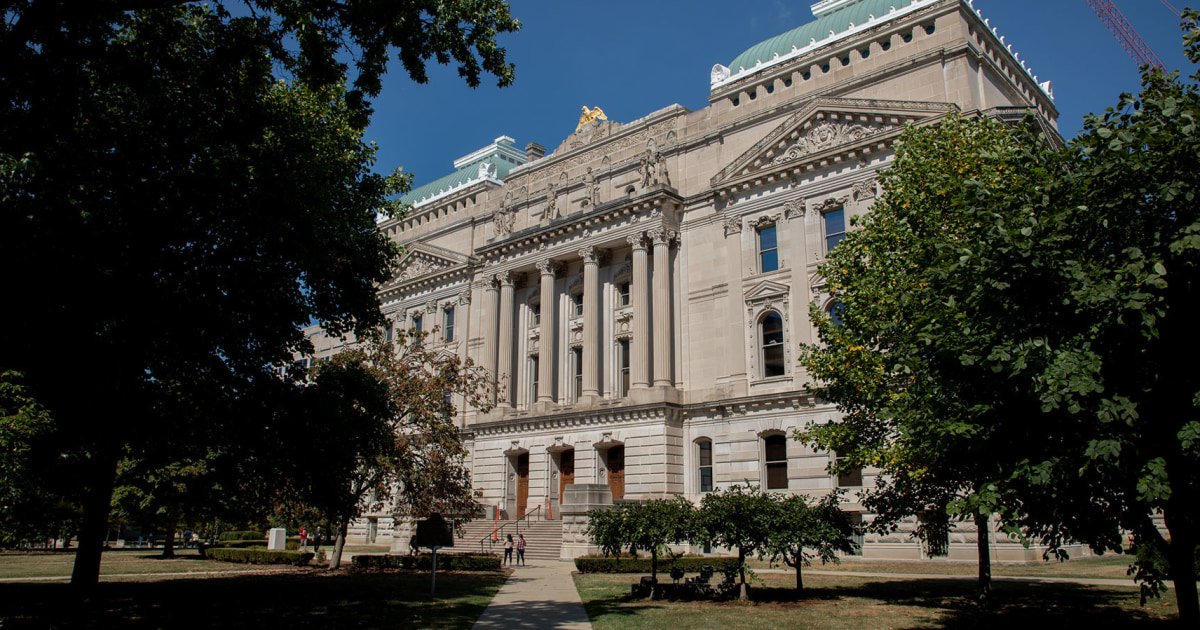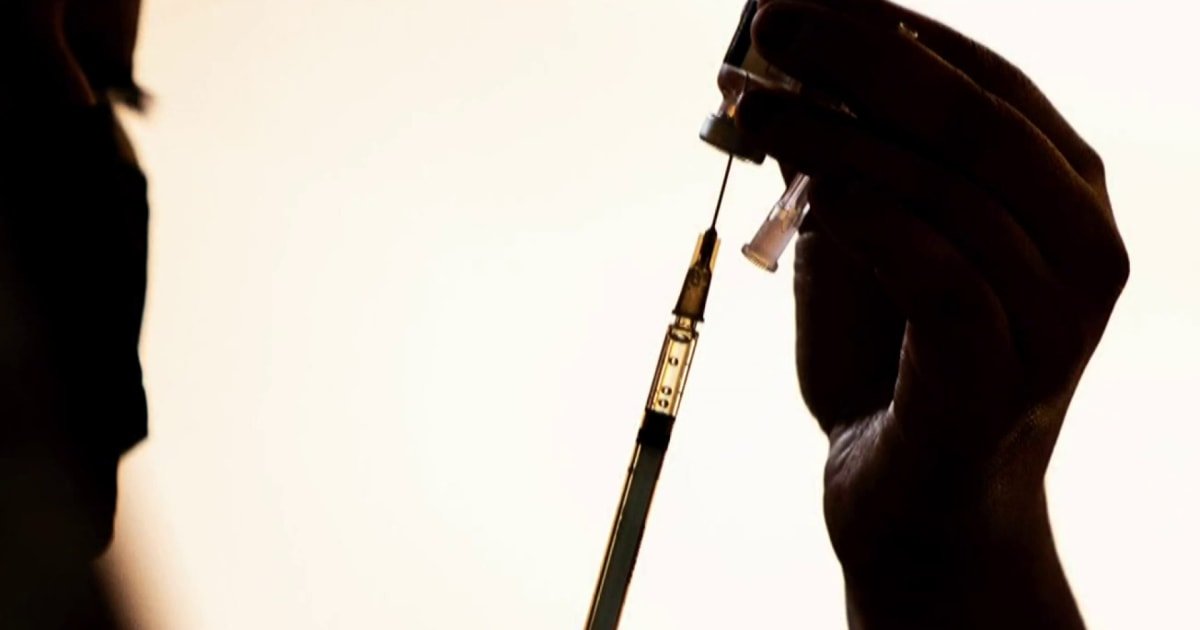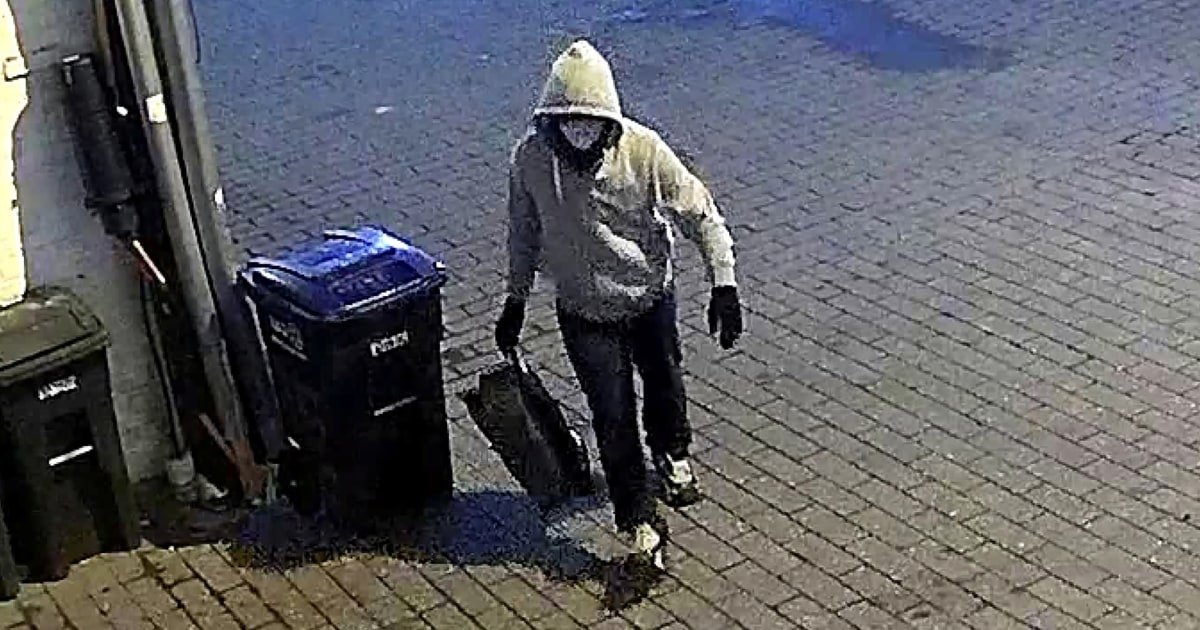SEOUL, South Korea – South Korean authorities moved on Friday to execute an unprecedented arrest warrant against President Yoon Suk Yeol over his failed attempt to declare martial law in a dramatic confrontation at the presidential residence where Yoon has been staying since He was charged last month.
Police who arrived at the presidential residence in central Seoul clashed with Yoon’s security team, who had previously prevented investigators from searching his office and official residence.
They also faced a growing crowd of Yoon supporters outside the residence who were attempting to form a “human shield” to protect him from arrest, some of whom were waving American flags in a show of support for the US-South Korea alliance. .
Two hours after the confrontation, officials said the police task force escorting investigators had arrived at the presidential security detail closest to the building containing Yoon. They said about an hour later that the arrest warrant had been delivered to the head of presidential security.
The Presidential Security Service told NBC News that it was required by law to protect the president, including from anyone entering the facility to execute court orders.
Although Yoon, 64, is not the first South Korean president to be indicted, he would be the country’s first sitting president to be arrested. He has been suspended from presidential duties since he was indicted on December 14 and faces possible charges of insurrection.
Authorities from the Senior Officials Corruption Investigation Office, which heads a joint team of police and prosecutor investigators, arrived at the steel gates of the presidential residence shortly after 7 a.m. local time (5 p.m. ET Thursday). ), a month to the day after Yoon’s brief declaration of martial law.
The gates opened about an hour later, but large buses blocking the road prevented the authorities’ cars from advancing. The investigators entered the premises on foot without apparent resistance.
Yoon’s lawyers say the warrant to arrest Yoon and search the presidential office and residence, which a court issued on Tuesday, is illegal and that the Corruption Investigation Bureau does not have comprehensive command authority over the police.
“Objection procedures regarding the order are underway in the Constitutional Court and ordinary courts,” one of Yoon’s lawyers, Yoon Kap-geun, said via text message on Friday. “Legal action will be taken against any illegal circumstances that arise during the execution of this illegal order.”
The order is part of investigations into whether Yoon should be charged with insurrection, one of the few crimes for which South Korean presidents do not have immunity. Officials have until Monday to carry out the order.
Yoon, who took office in 2022 for a single five-year term, has struggled to advance his legislative agenda in the face of the opposition-controlled parliament.
In a surprise late-night speech on December 3, he accused “anti-state forces” of paralyzing the government and sympathizing with communist North Korea and declared emergency martial law, which included a ban on all political activity. .
He lifted the order about six hours after lawmakers voted unanimously to reject it.
Although Yoon has apologized for the declaration of martial law, he has repeatedly defied subpoenas to appear for questioning in the criminal investigation.
The brief declaration of martial law has deeply shaken South Korea, which has a long history of military authoritarian rule but has since become one of Asia’s most vibrant democracies and the world’s 10th largest economy.
A Gallup Korea poll released on December 13 found that Yoon had an approval rating of 11%, down from 19% before the declaration of martial law.
However, Yoon still has some supporters, hundreds of whom have gathered outside the presidential residence in recent days. Some waving American flags argued that Yoon’s conservative government was more supportive of the American alliance than the liberal opposition, which they accused of being friendlier to China and North Korea.
“He has been wrongfully accused,” protester Cho Soo-young said Thursday, adding that Yoon was “trying to protect and preserve freedom and liberal democracy in South Korea.”
In a letter to protesters Wednesday night, Yoon said he had been watching their efforts through YouTube.
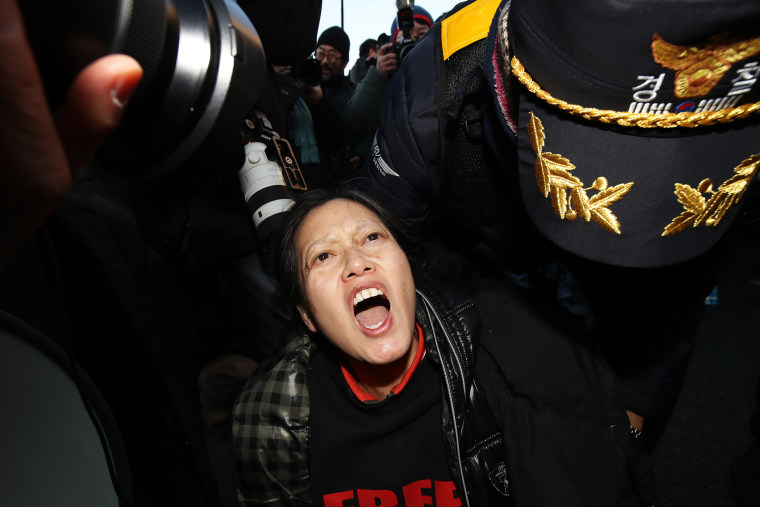
“Thank you very much and I feel sad,” he wrote, adding that he was worried about his health in the extreme cold.
Yoon, who was once the country’s chief prosecutor, said South Korea was in “danger” due to efforts by “anti-state forces” inside and outside the country “to steal this nation’s sovereignty.”
“I will fight to the end alongside you to protect our country,” he said. “Our country belongs to each and every South Korean and not to a government or a party.”
The main opposition Democratic Party said Yoon’s message to his followers was “highly inappropriate” and “demonstrates that he is still trapped in his delusions.”
“What is most worrying is his incitement of extreme conflict and chaos among his followers through this message,” Cho Seung-rae, the party’s chief spokesperson, said Thursday. “As if orchestrating a rebellion were not enough, he is now inciting his followers to provoke extreme clashes and disorder.”
South Korean lawmakers voted to impeach Yoon on their second attempt, a week after the first vote on Dec. 7 failed when lawmakers from Yoon’s People Power Party (PPP) boycotted it. Twelve PPP legislators voted in favor of the second impeachment motion.
After his impeachment, Yoon faces a trial in the Constitutional Court, which has 180 days to decide whether to confirm him. A second hearing was set for Friday.
If Yoon is removed from office, a midterm presidential election must be held within 60 days.
Meanwhile, Yoon has been suspended from his presidential duties and Prime Minister Han Duck-soo initially became acting president. Han was in office for less than two weeks before he was also impeached on December 27 after he refused to immediately appoint three judges to fill vacancies on the Constitutional Court.
He was succeeded as acting president by Choi Sang-mok, former vice prime minister and minister of economy and finance. Choi took office two days before a Jeju Air plane crashed in the southwestern city of Muan, killing 179 of the 181 people on board in the world’s deadliest aviation disaster in 2024.
Stella Kim, Steve Patterson, Stephanie Fuerte and Beomsu Jo reported from Seoul and Jennifer Jett from Hong Kong.

